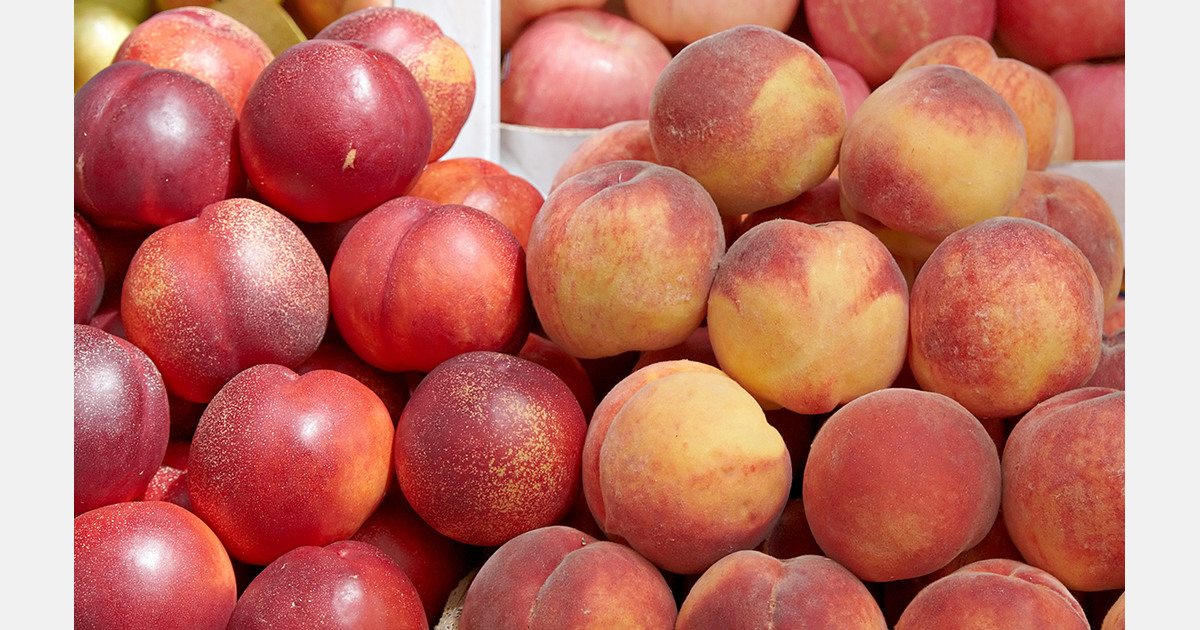
The South African stone fruit industry is advancing toward accessing the Chinese market, with the final agreement for market entry expected to be signed in September. During the Exporters Western Cape event, Minister of Agriculture John Steenhuisen highlighted the diversification strategy for agricultural export markets.
“You are one of the first audiences to hear,” stated Steenhuisen, referencing the protocol discussions for stone fruit exports, including peaches, plums, prunes, nectarines, and apricots, with an anticipated final signing at the Agri G20 in September.
This development represents an expansion in trading relations with China. “Just a few months ago, our first shipment of avocados landed in Shanghai. I think this reflects the fact that there is a demand for South African products around the world,” commented Steenhuisen.
Concurrently, South Africa faces challenges with new 30% tariffs imposed by the US on diverse products starting August 1. Steenhuisen noted long-term efforts to establish new trade routes, emphasizing the complex nature of sustaining and creating trade relationships amid global trade tensions, citing issues with the U.S. and EU, particularly concerning citrus exports hindered by non-tariff barriers.
Efforts have been focused on penetrating markets in the East and Africa, with ongoing work to enable exports like apples to Thailand and grapes to the Philippines. “There is a lot of effort going into diversifying our markets beyond our traditional partners,” said Steenhuisen, mentioning potential in Africa contingent upon alignment of customs and logistics to mitigate non-tariff barriers.
Rising demand for South African agricultural yields provides momentum for diversified market strategies and could influence dynamics with the U.S., where consumer preferences are broad. “One thing you can count on with Americans is that they like choice, they like options…those shelves are going to start running empty,” said Steenhuisen.
He pointed out that U.S. market access benefits both South Africa and American consumers through exposure to high-standard, competitively priced products. U.S. consumers may experience higher costs in the absence of these imports, especially given domestic challenges like citrus greening disease.
Steenhuisen underscored the need to maintain existing trade agreements while seeking out new ones, proposing a balanced approach to market diversification.
Source: Freight News
Source: The Plantations International Agroforestry Group of Companies
